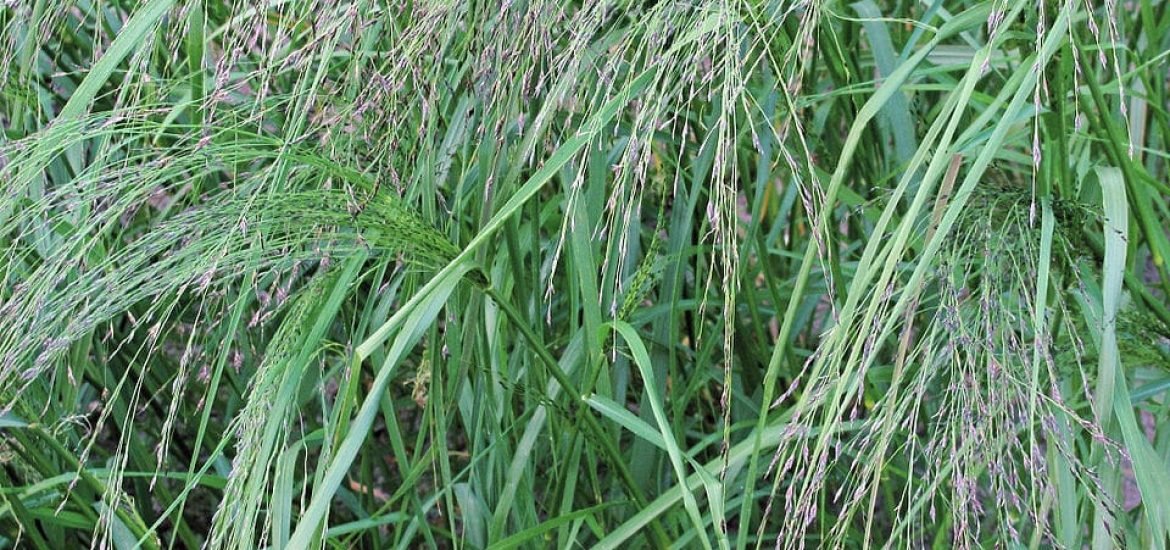
Michael Keller is the Secretary General of the International Seed Federation (ISF), which represents 80 national seed associations and approximately 97 per cent of the private sector seed trade. Michael engages with members, aiming to be as inclusive as possible and acting as the voice for the sector around the world. ISF engages with the World Trade Organization (WTO), the Organisation for Economic Co-operation and Development (OECD) and the UN Food System Summit. It also attends discussions at the UN Food and Agriculture Organization (FAO) about the Sustainable Development Goals in the name of the seed sector. ISF’s vision is to make quality seed accessible to all farmers, including smallholder farmers, subsistence farmers, family farmers, as well as large-scale growers, to support sustainable agriculture and food security. Mr Keller agreed to respond our questions in an exclusive interview.
The Europeanscientist : How can seeds adapted for extreme conditions help farmers cope with climate change?
Michael Keller : We’re in a race against time to climate-proof our seed systems. Some estimates indicate that in countries faced with serious food security issues like Haiti or South Sudan, only 10 per cent of farmers have access to quality seed, which includes improved varieties from private research that are better suited to today’s more extreme and unpredictable conditions. Others are put off (1) adopting improved varieties by the risk of counterfeit seeds, which is heightened by the growing demand and premium for climate-smart seeds.
There’s no one-size-fits-all solution. As seed actors, we strive to work closely with farmers to ensure seed varieties are all locally adapted and suitable. For example, improved hybrid varieties of rice that use up to 50 per cent (2) less water mean rice harvests are less vulnerable to the impact of drought and heatwaves, which are likely to become more frequent across major rice producing countries in South Asia.
TES. : How is biotechnology accelerating the domestication of new staples that are better suited to climate extremes?
M.K. : Today’s plant breeders could increase their breeding capacities by adding a range of highly precise and powerful breeding tools to their toolbox, like genome editing, that not only increase our ability to select and develop crop traits such as heat, drought and resistance to pest and diseases, but also accelerate the process of improving crops to protect farmers’ yields and livelihoods.
These improved seeds allow farmers to produce more without additional land and inputs. For example, maintaining global production levels in 2020 would have required an additional 11.6 million hectares (ha) of soybeans and 8.5 million ha of maize if crop biotechnology had not produced improved varieties.
Genome editing can also accelerate the domestication of new crop species by enhancing their productivity. Studies indicate teff, a staple cereal in Ethiopia and Eritrea, is a candidate for domestication. At present, teff productivity is held back because of seed losses from the ear often caused by the impact of weather. But semi-dwarf varieties, created through gene editing, reduce the risk of lodging or displacement that spares the seed and increases yield – something that eluded traditional breeding methods.
Breeding is a long process that, depending on the crop, can take up to 20 years before a new variety is launched on the market, which requires ongoing investment in breeding and a continuous assessment of the availability of new breeding tools to accelerate and improve breeding programs. Science, technology – including genome editing – and innovation are critical to our mission of keeping pace on adapting to but also reducing the effects of climate change.
TES. : How can improved seeds maximize nutritional value?
M.K. : Climate change is threatening the quality as well as the quantity of crops produced around the world, as rising temperatures impact the nutritional quality of food such as staple cereals.
Improved seeds can be bred both to adapt to quickly changing and unpredictable climatic conditions and to offer enhanced nutrition, for example, high-yielding soybean which is high in protein, high oleic acid sunflower varieties, or sorghum varieties rich in proteins, vitamins and minerals.
Investing in improved seeds, such as those biofortified with additional nutrients, can help protect the production of nutritious foods to support healthy diets despite more frequent climate extremes.

(1) https://cdn.odi.org/media/documents/ODI_Fake_seeds_cost_us_money_-_Traction_seed_study_Malawi.pdf
(2) https://www.ijcmas.com/8-5-2019/N.C.%2520Mahajan,%2520et%2520al.pdf
By Rasbak 15:19, 5 August 2007 (UTC) – Own work, CC BY-SA 3.0, https://commons.wikimedia.org/w/index.php?curid=2520793
Read more
Soil Conservation Agriculture : How to help farmers accelerate the transition to avoid a famine.
New Plant Genomic Techniques (NGT): an ongoing public consultation to modify European regulation.
Why COP26 is the moment to double down on investment for agricultural research